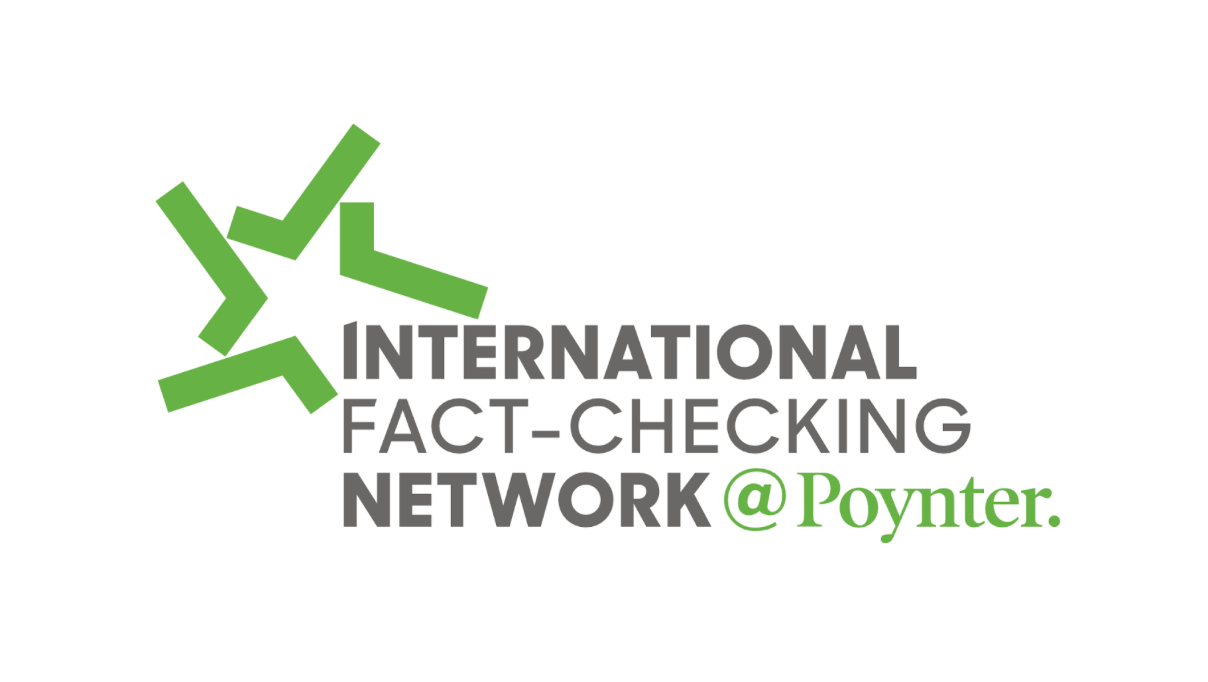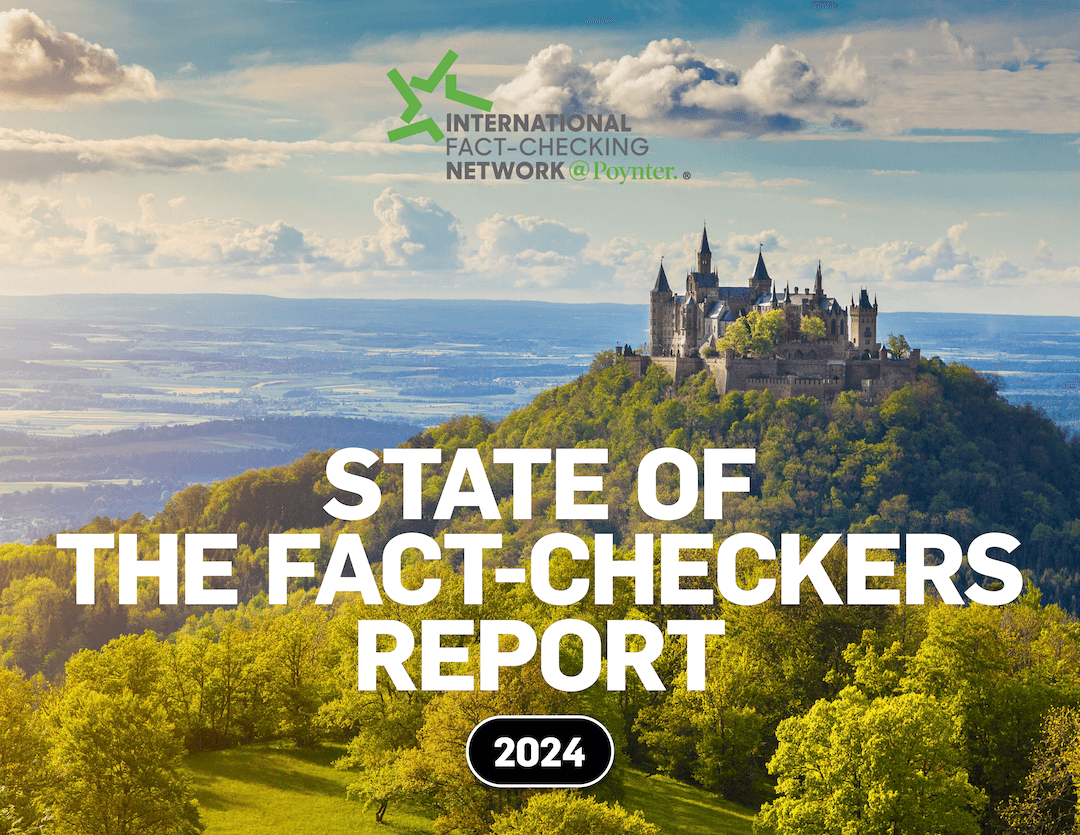Social networking giant Facebook announced Tuesday that it’s taking steps to stamp out malicious fake news stories while leaving funny fake stories unaffected.
The company is tweaking its inscrutable News Feed to cut down on the number of “stories that are hoaxes, or misleading news,” Facebook software engineer Erich Owens and research scientist Udi Weinsberg write in a post on the company blog.
The change isn’t intended to remove stories that people report as false or allow Facebook to decide what’s factual and what isn’t, they explain:
To reduce the number of these types of posts, News Feed will take into account when many people flag a post as false. News Feed will also take into account when many people choose to delete posts. This means a post with a link to an article that many people have reported as a hoax or chosen to delete will get reduced distribution in News Feed. This update will apply to posts including links, photos, videos and status updates.
Publishers of satirical content, like The Onion and its sister site Clickhole, likely will not be affected by the change because testing indicates “people tend not to report satirical content intended to be humorous,” according to the post.
Rather, publishers who try to pass off scams or “deliberately false” stories will see a reduced circulation in their posts after readers flag the articles as such.
Facebook’s News Feed has been a source of much speculation and frustration among news outlets that want their content viewed by the vast audience that Facebook offers. In October, Sam Kirkland examined why the mysterious rhythms of the News Feed are driving news organizations up the wall.





